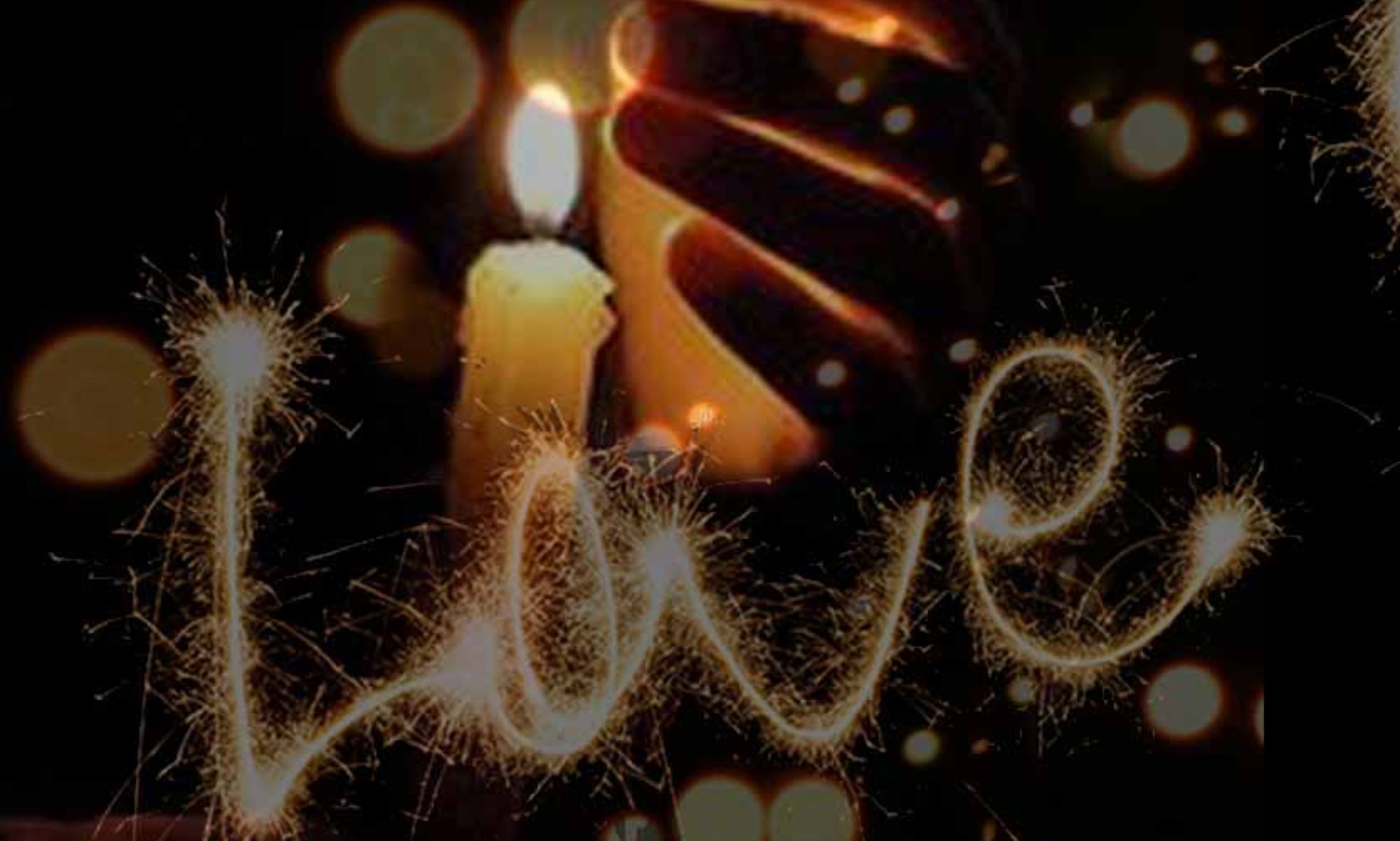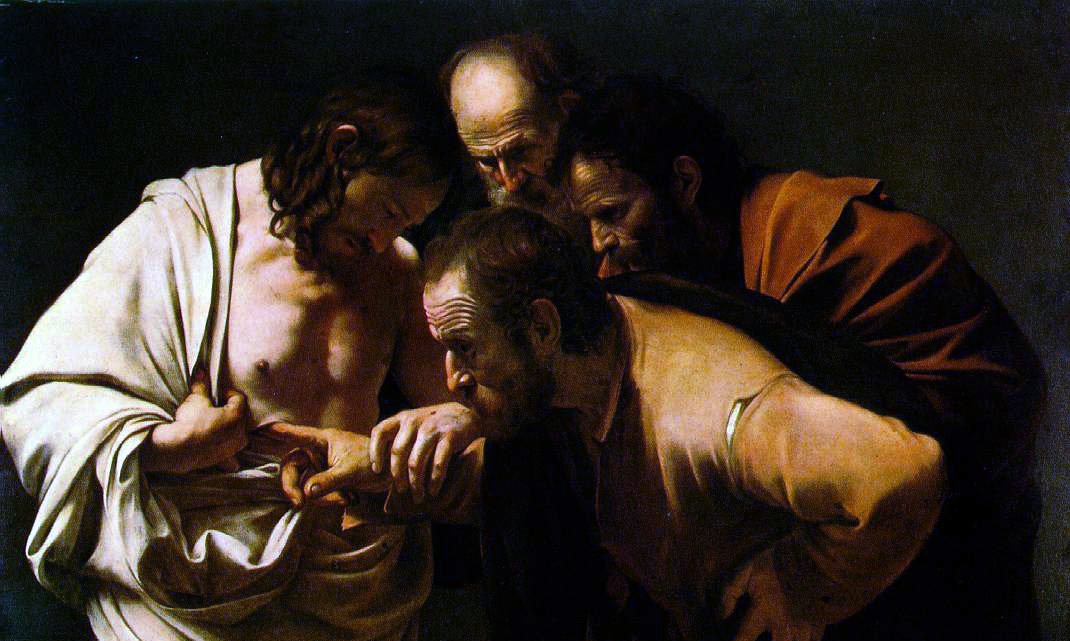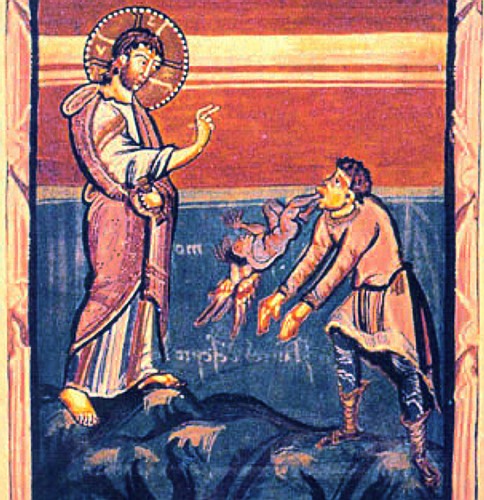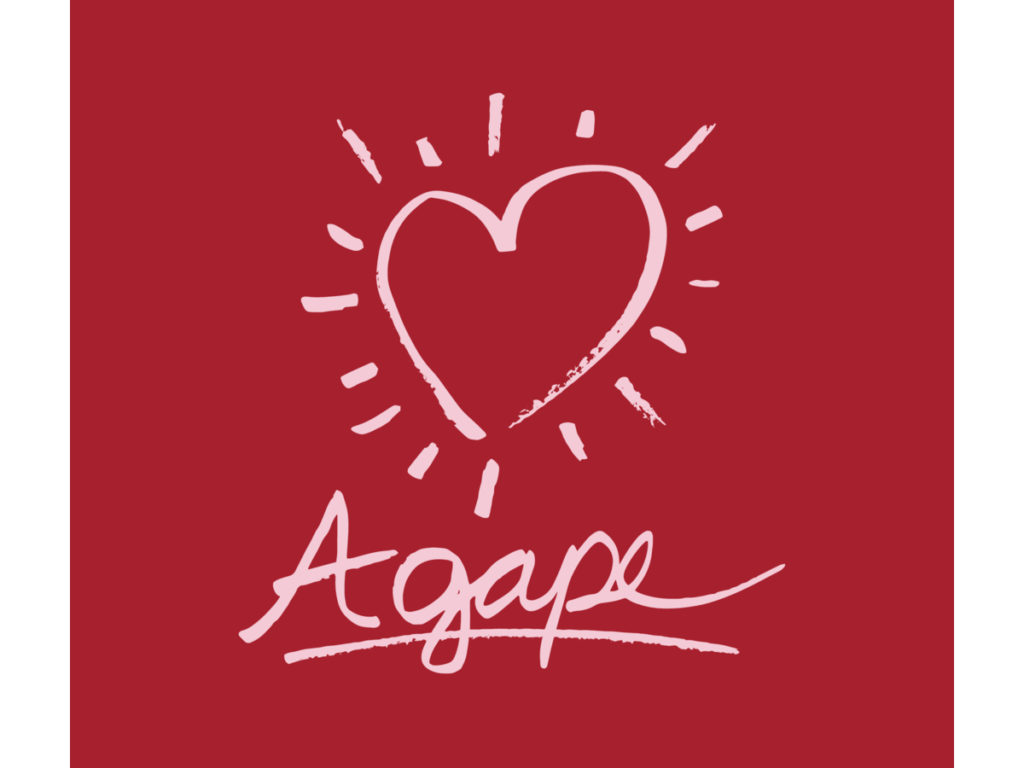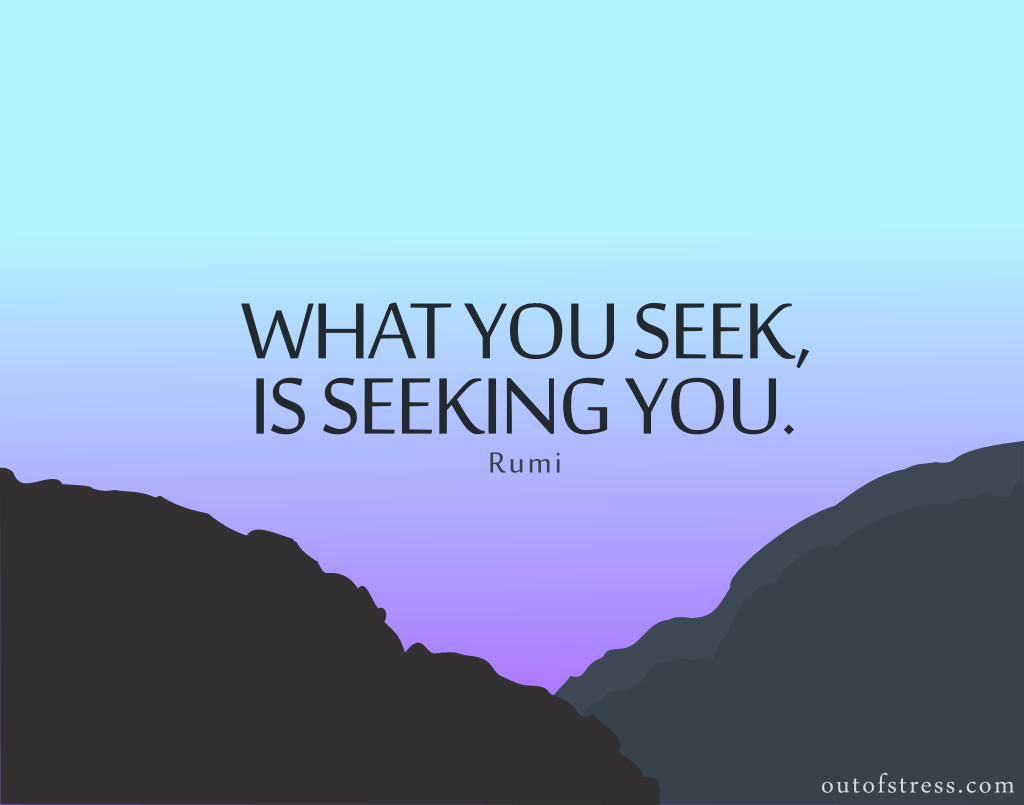Meditations and blessings about love as Advent’s fourth theme & Hannukah blessings also
Love is the bridge between you and everything. — Rumi The greatest thing you’ll ever learn is to love and be loved in return. – Natalie Cole Mankind was my business; charity, mercy, forbearance, and benevolence, were, all, my business. The deals of my trade were but a drop of water in the comprehensive ocean of my […]

